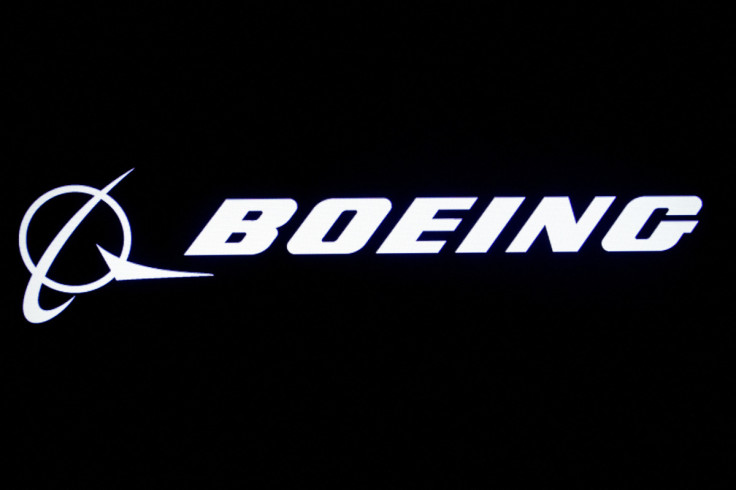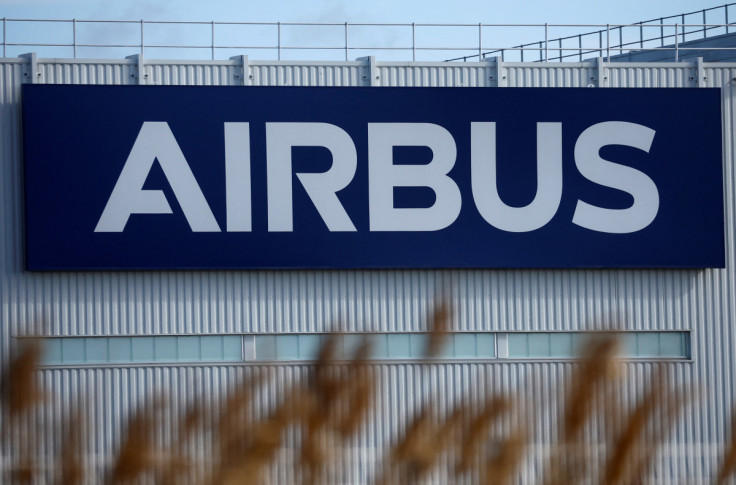Exclusive-India Says 'Time Has Come' For Airbus, Boeing To Set Up Jet Assembly Plants

Plane giants Airbus and Boeing face mounting pressure to set up jetliner plants in India, after the country's civil aviation minister told Reuters the "time has come" to serve its soaring demand with jets assembled on domestic soil.
Jyotiraditya Scindia said conditions were ripe for a "leap of faith" by both jetmakers as India's fast-growing aeronautical industry reaches an "inflection point" - highlighted by plans to assemble Airbus C295 military transport planes locally in India.
Asked whether Airbus and Boeing should now consider setting up jetliner assembly in India, Scindia said, "Absolutely, and with a capital A, and the reason why I said capital A is because Airbus has already made that huge landmark step: the C295."
Airbus and Boeing have both highlighted the scale and technology of existing investments in India, playing down the significance of final passenger jet assembly.
An Airbus-Tata consortium plans to assemble 40 C295 planes in Gujarat, the home state of Prime Minister Narendra Modi who wants aerospace and defence to become a key engine for his "Make In India" drive to expand the world's fifth-largest economy.
Tata-controlled Air India last month agreed record orders for 470 jetliners from Airbus and Boeing and sources have said India's largest airline, IndiGo, is in talks for another 500.
"The market is there, the volume is there, the engineering talent is there. And then you take that leap of faith. So the time has come now," Scindia said in an interview, adding such decisions would not necessarily be tied to specific jet orders.
"Now is the time for these companies to look at planting their feet on the ground in India," he said.
India has been lobbying quietly for jet assembly for several years but ratcheted up pressure behind the scenes during the past 12 months, two people familiar with the matter said.
The push comes at a time when the two global plane giants are juggling the need for capacity to meet soaring demand with pressure on global supply chains and geopolitical instability.
Their strategies differ, with Boeing keeping benchmark 737 production in the Seattle area, while Airbus runs four sets of competing A320 lines in Europe, the United States and China.
EXISTING INVESTMENTS
For now, both appear to have resisted India's calls for civil final assembly lines (FAL), while playing up existing investments in engineering, supply chain and maintenance. Boeing said it buys $1 billion a year in parts and services from India, while Airbus said it buys $700 million.
Local assembly is restricted to defence projects, where the cost of meeting national security concerns can be built in.
"There's a desire in every country to have as much manufacturing as possible ... and final assembly is a desire that you see all around the world," Salil Gupte, president of Boeing India, told Reuters.
"The volumes that you would require for final assembly on the commercial part of the business are just far, far greater," he said.
A final decision comes down to the business case, and Boeing is always looking at opportunities to do more in India, he added.
Boeing this month announced a Hyderabad plant to convert 737 passenger planes into dedicated freighters and both planemakers have engineering plants and thousands of employees in India.
"Even without the C295 FAL, the Airbus industrial footprint in India already generates more foreign exchange value and jobs for the country than any modern assembly activity would," said Remi Maillard, president of Airbus India & South Asia, by email.
Still, Scindia said such an ecosystem would give planemakers "the confidence in the years to come that they need to put a plant here, because everything is working for it".
Aerospace analysts say assembly represents just 5% to 7% of a plane's value, yet is often seen as a political win.
"The reason is it puts you on the map; it shows that you are the up-and-coming economy in Asia and the world," said Jerrold Lundquist, managing director of The Lundquist Group.
Airbus opened an A320 line in northern China in 2008 in return for an agreed volume of planes for local airlines at a time when its share of the Chinese market was only about 30%.
But while Chinese authorities must approve airplane orders, analysts say the New Delhi government has little formal leverage over ordering by its cost-conscious private-sector airlines.
Boeing has never put a commercial assembly line outside the United States, though McDonnell Douglas assembled a handful of jets in China before being acquired by Boeing in 1997. In 2018, it opened a 737 cabin-completion centre in Zhoushan, China.

© Copyright Thomson Reuters 2024. All rights reserved.





















